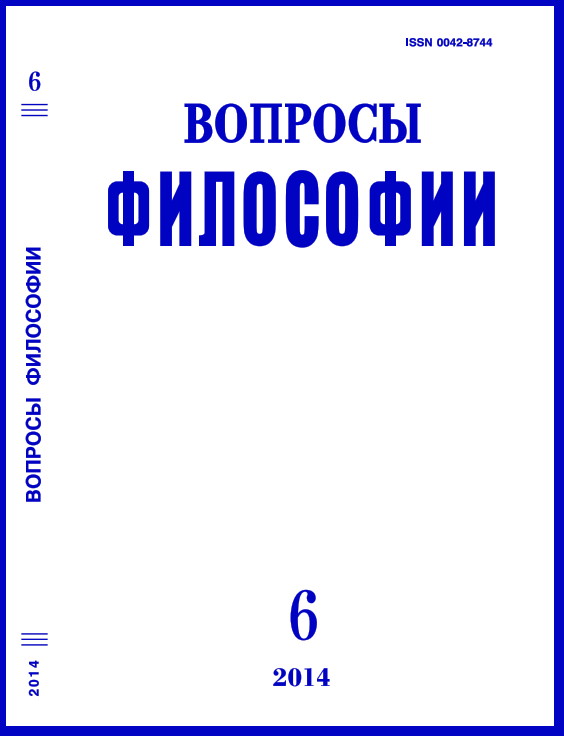Atomism and Alphabetic principle. Round table discussion
Keywords:
language, alphabetic principle, atomism, phoneme, letter, hieroglyph, alphabetic writing, oral traditionAbstract
The main objective of the Round table was to examine hypotheses concerning the possible connection of origin of atomism with the alphabetic principle. Since atomism arose in two ancient civilizations – Greek and Indian belonging to the Indo-European language family, there arise a question of whether the structure of Indo-European language, that is the composition of complex linguistic phenomena from the simplest elements: of words – from individual and indivisible sounds or letters – could serve as a heuristic prototype for the doctrine of atoms in Greece and India. However, in contrast to the ancient Greek culture, the specific feature of ancient Indian tradition consists in the fact that due to the predominant oral transmission of sacred knowledge and early development of phonetics the analysis of language deals with exclusively oral speechunits. The absence of atomism in Chinese culture, which is based on the hieroglyphic system also provides an argument in favor of the hypothesis of “linguistic” origins of atomism.
provides an argument in favor of the hypothesis of “linguistic” origins of atomism.

